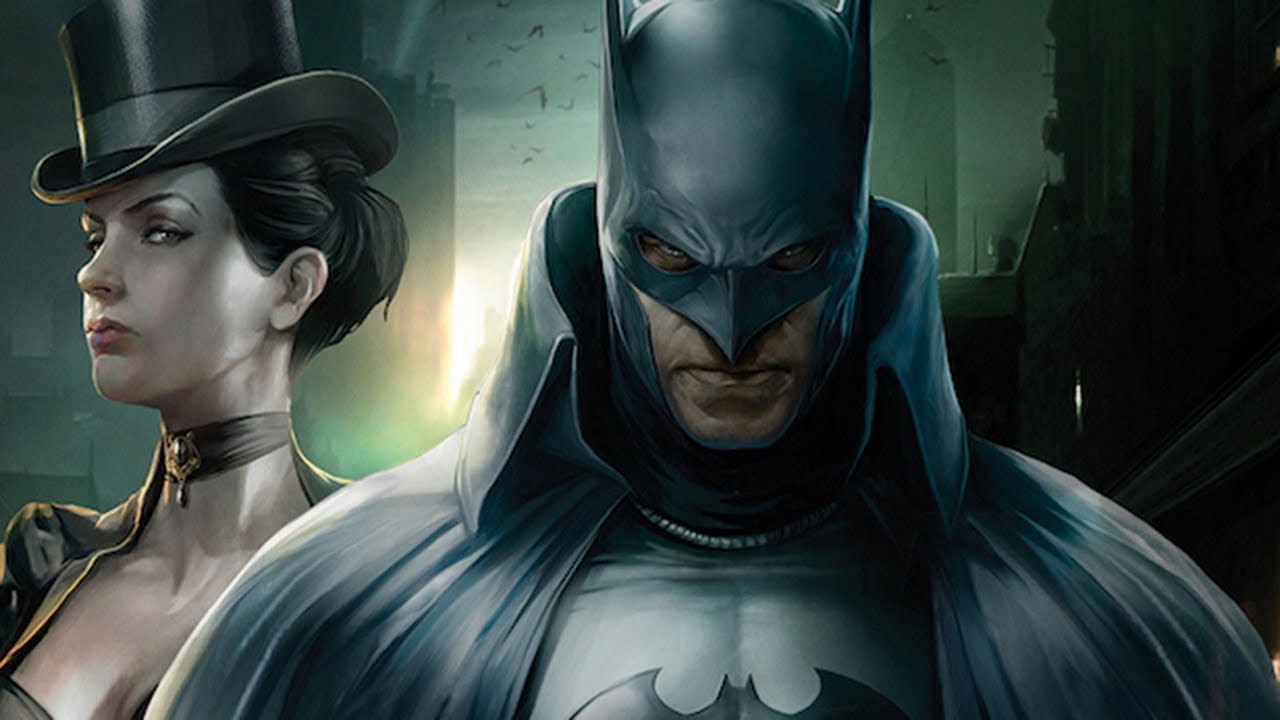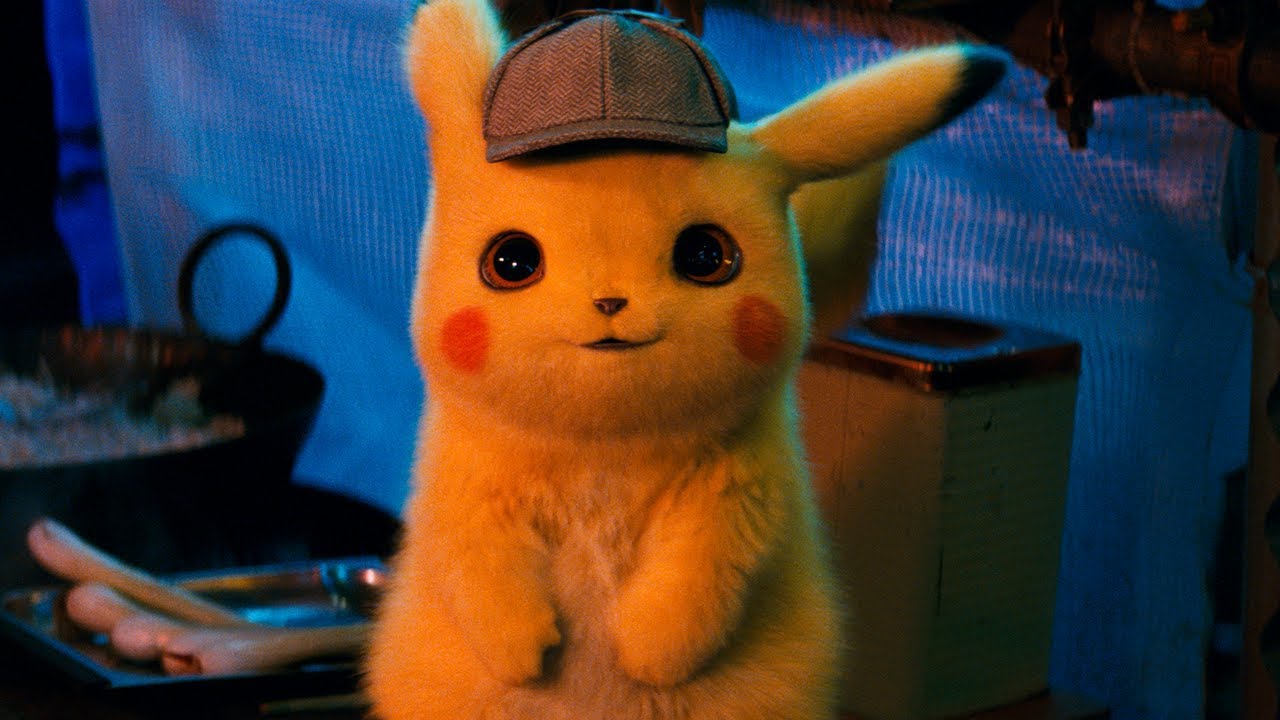For a moment, let’s set aside all manufactured controversy and outdated views of art, and examine the spectacle that is Todd Phillips’ JOKER from its strongest point: its storytelling.
Fundamentally, we are the main character of our own story. Because we are ourselves, because we see ourselves from the inside out, we feel justified in the things we do, in the choices we make, in the things we say. Or, if not justified, then we at least know why we did those things. We could explain yourself if asked.
That’s what makes stories so powerful. A good, well-written story can tap into our empathy, can allow us to put ourselves behind someone else’s eyes. And if the story really is good enough and aware enough of itself, it can help us see another person from the inside out, the way we see ourselves.
The best stories tend to be about people and their wounds–that goes for the ones that resonate with us the most, at least. If you were to sit down with a stranger and they were to confess to you their worst insecurities, their darkest secrets and fears, their most embarrassing stories, and their deepest hurts, you would listen. You might do more than listen, you might sympathize. Maybe you’d feel less alone. Maybe you’d be able to relate. Or, if you can’t relate, you can at least understand–and you will certainly still listen. There’s something magnetic about what lies under the surface. The things that haunt us. The things that hurt us and have left us wounded. For writers, this is a powerful lesson in choosing what stories to tell, and what kinds of characters to write about.
So, typically the best stories explore this in their characters. I maintain that the best stories–in film or literature–are about characters, about people. The plot is the character. You’re more likely to remember a character’s journey than a mere progression through a plot.
It can be easy to misunderstand art in this way, especially if it explores dark places. Just because a story puts you in the point of view of a villain, doesn’t mean that story is condoning the villain, or celebrating that villain’s actions. I mean… do I even need to say this? We’re talking about art here. If art were there to make us comfortable, we’d have a world of mindless blockbusters that are made for everyone and are therefore made for no one. When it comes to this, it’s easy to see why people stir up controversy over a piece of art, but you can also see how the controversy comes from misunderstanding–or from those who haven’t seen the movie. The value of how stories show us another point of view, especially one that discomforts or disturbs us, is difficult to even measure. If I may address the controversy around this film just once here: How can we ever hope to change our world if we don’t first take a long, painful look at our world–a world capable of creating monsters every day out of people that needed our help long before things went so wrong?
And if there is fear that this film will inspire violence in people… is that really the argument you’re going to make? If you follow that approach, why don’t we take a page from fear-mongering politicians and start talking about other “dangerous art” like violent video games, or any number of the far more violent and far more irresponsibly told stories out there in any medium?
I digress. Let’s come back to reality.
Todd Phillips’ JOKER puts us in the point of view of the most iconic villain in comic books (I don’t think that’s a big stretch to say, but I could be wrong). It is an origin story. More than anything, it’s the story of a man who, like everyone else, is the main character of his own story.
And it is a spectacle worth seeing and appreciating for what it is, not what anyone thinks it should be or what would-be-censors claim it is.
From the very start, the film puts us into this character’s world. We see Arthur Fleck’s loneliness, his isolation, his agony, his condition. We see how he is mistreated, overlooked, tossed aside–quite literally treated like trash. JOKER is a surprise in its compassionate and honest depiction of mental illness–something I truly did not expect–and it shows how psychopathic our system can be when it comes to the treatment of mental illness and those who suffer from it and need help. This only isolates Arthur even more as the system abandons him–the way it abandons so many, every day–for reasons he has no control over.
This film is, more than anything else, a tragedy.
The storytelling techniques it uses, the way we see Arthur treated, invites us to sympathize with him and is, for writers like me, something to learn from. Even as it makes us uncomfortable, we are here in his point of view. That’s part of this film’s dark beauty. It never said you were supposed to be comfortable. It never told you to make judgments. You sit. You watch. You are disturbed and awe-inspired. And maybe, by way of this empathy, you take something profound away from the experience.
That is, at least, how it felt to watch, for me.
 One of the most jarring and painful aspects of the film is Arthur’s laugh. He has a condition that causes chronic laughter, sometimes hysterical laughter, that comes out when he is nervous or anxious or scared–and, sometimes, when he finds something genuinely funny. There is a disarming juxtaposition between the hysterical laughter coming from him, and the deep sorrow and agony in his eyes. This irony feels like a haunting metaphor for this character’s story. In fact, the role that Arthur’s condition plays in his life is tragically ironic on its own–worthy of its own analysis. To say more would be to venture into spoiler territory. But it goes to show the film’s element of self-awareness and irony. While serving as a powerful, often painful element of the character of the Joker, it is also an unsettling allegory for this character’s isolation.
One of the most jarring and painful aspects of the film is Arthur’s laugh. He has a condition that causes chronic laughter, sometimes hysterical laughter, that comes out when he is nervous or anxious or scared–and, sometimes, when he finds something genuinely funny. There is a disarming juxtaposition between the hysterical laughter coming from him, and the deep sorrow and agony in his eyes. This irony feels like a haunting metaphor for this character’s story. In fact, the role that Arthur’s condition plays in his life is tragically ironic on its own–worthy of its own analysis. To say more would be to venture into spoiler territory. But it goes to show the film’s element of self-awareness and irony. While serving as a powerful, often painful element of the character of the Joker, it is also an unsettling allegory for this character’s isolation.
This film is, in every way, the work of refined and mature storytelling and filmmaking.
And the beauty of this kind of art is the perspective it allows us to peer through. I don’t think the film’s ultimate point at all is to make a statement of some kind. It is simply telling a story, and meaning derives from its natural telling.
And in that telling, it gives us something bold and powerful and authentic and unique in its genre. In a performance from Joaquin Phoenix that deserves to rank on any “Best of the Decade” list, it gives us a character we won’t soon forget. Most important, it gives us something to reflect upon.



